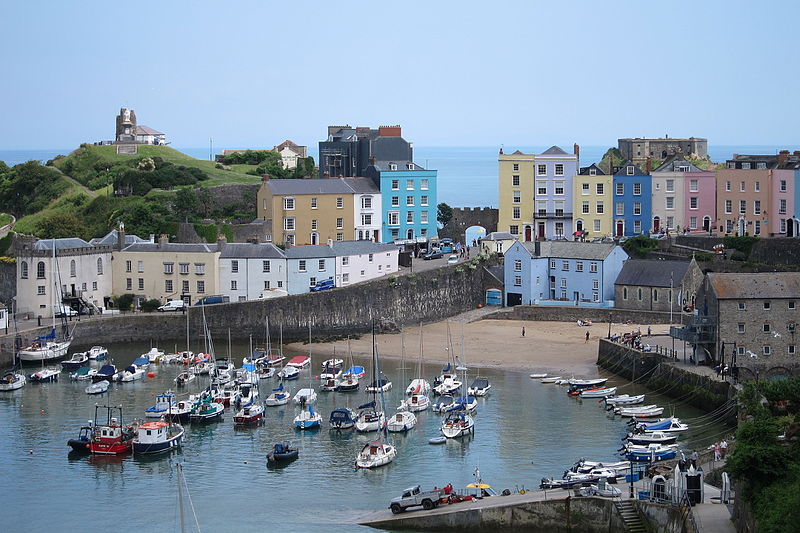
Visitors to popular Welsh destinations, such as Tenby in Pembrokeshire, may face a nightly tourism tax starting in April 2027, subject to parliamentary approval. Under the proposed legislation,
guests at hotels, B&Bs, and self-catered accommodations would pay a levy of £1.25 per night, while those staying in hostels or campsites would pay a reduced rate of 75p.
The Welsh government argues the tax will help fund local services in tourism hotspots, but critics, including the Welsh Conservatives, warn it could deter visitors and harm the tourism sector, which employs nearly 12% of Wales' workforce.
Key details of the proposed tax:
Who Pays: The tax applies per person, per night, including children.
Exemptions: Stays exceeding 31 nights, temporary accommodation, and homeless hostels will not be taxed.
Funds Allocation: Councils must use the money for purposes such as promoting tourism, improving infrastructure, and supporting the Welsh language.
Future Changes: Councils can increase the levy following consultation and with 12 months’ notice.
Expected impact
If all councils adopt the levy, it could generate an estimated £33 million annually. However, some areas may opt out, potentially giving them a competitive advantage.
Local concerns
In Tenby, shop owner Katherine John voiced concerns about the tax discouraging visitors, which could impact local businesses reliant on summer footfall. Conversely, she acknowledged the potential benefits if the funds were used to address local issues, such as restoring tourist information services.
Rob Izzard, an alpaca farm owner, pointed out that areas not implementing the tax could attract more visitors, creating disparities across Wales.
Government’s position
Finance Secretary Mark Drakeford defended the levy as a fair way for visitors to contribute to the upkeep of local facilities, noting that similar taxes are common globally.
Next steps
For the tax to take effect, the legislation must be passed by the Welsh Parliament. Additionally, a licensing scheme for accommodation providers, including Airbnb hosts, is expected to be introduced before the 2026 Senedd election to standardize safety and operational rules.
As Wales moves forward with its tourism tax plans, debate continues over its potential to balance economic benefits with the risk of deterring visitors. Photo by Nessy, Wikimedia commons.




































